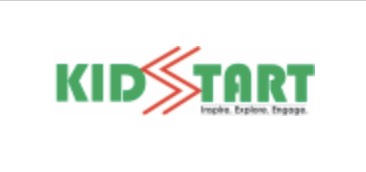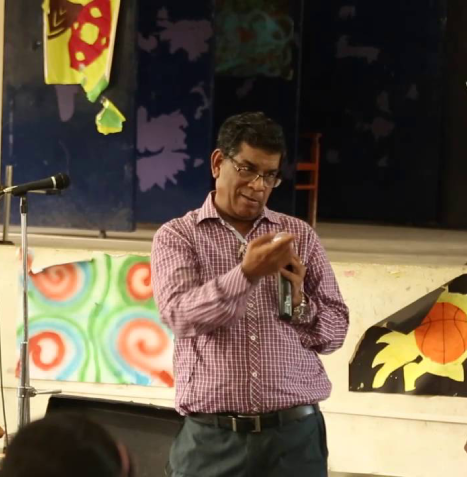INNO LAB
We deliver our lab modules through an ‘experiential’ approach. Our INNO LAB sessions ensure that children are engaged with learning activities that actively involve, motivate and prompt them to ask questions!
What is KIDSSTART INNO LAB?
INNO LAB program is based on experiential learning making learning methods more creative and fun oriented to keep children engaged in attentive and innovative learning. INNO LAB provides a collaborative environment for students to mingle with peers and fosters team building, communication skills, interpersonal skills and problem solving attitudes. It offers an inclusive environment and provides space for all kinds of students – high or low mark scorers, slow learners without any alienation.
The lab permits every student to learn on her/his own pace removing the fear of discrimination and adulations. It is for the student, by the student and of the student and every student is free to explore and learn Science through hands on work and fun.
The INNO LAB model is designed and successfully experimented by Prof. T S Natarajan, an eminent scholar in Physics, Department of Physics, IIT Tirupati. There are experts’ teams to train the model to school teachers/special instructors to conduct sessions.
How does KIDSSTART INNO LAB work?
KIDSSTART INNO LAB aims at enhancing the creative thinking and application skills of children right from a young age. As the children gain strength in their foundation in Science at the right age, it shall enable them to approach problem solving techniques in a better way and appear for competitive exams like National Eligibility cum Entrance Test (NEET), Joint Entrance Examination (JEE) with great confidence and ensure better results.
KIDSSTART INNO LAB model shall enable students to learn through hands on learning of basic Science concepts for understanding at the grassroots level. The model shall make every child creative by letting them toy around with new ideas; it enables and encourages every child to think in an abstract manner and move towards real innovation in Science.
Workshops of KIDSSTART INNO LAB !
Bala Vidya Mandir, Gandhi Nagar, Adyar, Chennai
INNO LAB Model has been scientifically experimented and its positive results have been realized and its significance in improving children’s skills has been appreciated in a school at Bala Vidya Mandir, Adyar, Chennai and the School management has certified that there has been an increased understanding of Science learning amongst the school students and it is very effective due to the hands on experiential learning methodology.
Government schools in Tiruvannamalai:
KIDSSTART INNO LAB is successfully implemented in 12 Government schools in Tiruvannamalai district. The 13 labs have been implemented in 12 Government schools wherein over 2,500 children in the Below Poverty Line (BPL) category benefit. The funding for setting up these labs was sanctioned as a CSR funding by Bharat Petroleum Corporation Limited (BPCL), a Public Sector Undertaking.
Takeaways :
- INNO LAB is an unstructured tinkering lab providing ample time in peer learning. It engages every student in experiential learning in a participatory atmosphere.
- Setting up an innovation lab – A minimum size of 450 sq. ft. hall or room furnished by the school equipped with the necessary end to end infrastructure by the School
- Orientation to school heads and science teachers;
- Intensive training to lab instructors in Chennai in the experiential teaching methodology by our team of trainers and the placement of Lab instructor in each school.
- The main activities at the Lab are: science demos and activities, model building with low-cost everyday materials electronics and robotics. The experiments carried on in the lab covers both curriculum and non-curriculum activities using simple materials such as balloons, toothpicks, batteries, ice-cream sticks, paper etc.
- Nature of kits – All the kits made available are consumables and Onetime non-reusable kits. A list of Science kits for the students is enclosed as Annexure 3.
- INNO Lab sessions – Sessions will have two students as a team and each team shall have 40 + 40 minutes – 80 minutes (2 consecutive Periods)/session/week. Each pair of students shall have a total of 15 sessions’ for the project period based on the availability of the students and school working days.
- Learning method – Do It Yourself Experiential learning
- The prime emphasis is on not undertaking any performance assessment providing school children free flow of thoughts without fearing for grading, discrimination etc.




